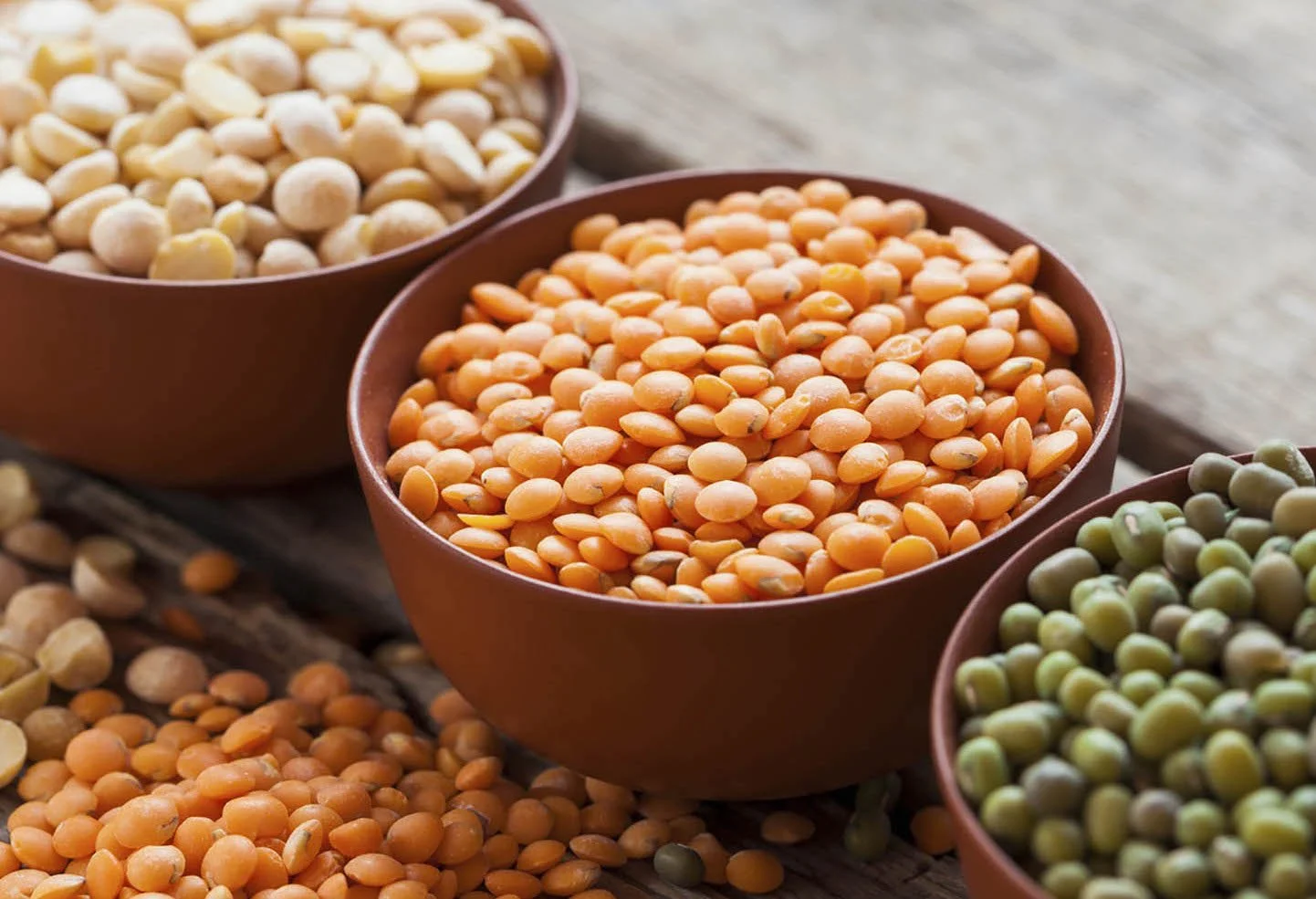What to Eat & Why
*NB: Any orange text in this document is an external link, carefully selected for you by Ophelia. To view the link, simply tap the underlined text.
Take a Vitamin D supplement.
Although I am not a fan of taking supplements, vitamin D is the one that we are recommending to take. See (https://www.nhs.uk/conditions/vitamins-and-minerals/vitamin-d/) for guidelines.Vitamin D helps to maintain healthy bones, muscles and teeth as well as facilitating normal immune system function (https://www.healthline.com/health/food-nutrition/benefits-vitamin-d#_noHeaderPrefixedContent)
WHAT TO EAT
PORTIONS PER DAY
WHY?
HOW?
VEGETABLES
(THE HERO)
7 – 9
or
At least 1/2 of your
plate
• Nutrient dense in antioxidants & phytochemical & phytonutrient.
• Fibrous – good for gut health.
• Low calorie yet filling: keep hunger at bay.
• Regulate blood sugar levels: no energy dip.
• Top for long term sustainable weight loss.
• To Shape Your Future further click here & here.
•Plan meals -deciding on what veg & then add proteins and/or wholegrains.
• Put your vegetables on your plate first.
• Eat a variety of types and colours for maximum nutrients & diversity of beneficial plant chemicals.
• Blend into soups, & smoothies.
• Raw in salads.
• Roast, steam or oil.
PULSES
0.8grams per kg of
body weight
Protein alternative
for vegans &
vegetarians
• Nutrient dense.
• Rich in complex carbohydrates, micronutrients, protein and B-vitamins.
• Low in fat and rich in fibre.
• excellent for managing cholesterol, digestive health and regulating energy levels.
• Rich in folate, iron, calcium, magnesium, zinc and potassium.
• A great protein alternative for everyone to include/swap for animal protein.
• Perfect in soups & salads
• Swap for animal proteins: vegan Bolognese with lentils (could link to my recipe here???)
• As a dip with crudities (hummus)
• Add beans to chicken casseroles
• Add lentils to red meat dishes
• Add chickpeas to curries
• Lentil dahls
• Options are endless
PROTEINS
0.8grams per kg of
body weight
or
1/4 of your plate
• Nutrient dense
• To Shape Your Future further click here
• Eggs anyway you like them
• Yoghurt
• Meat & fish roasted, grilled or on skillet
• Casserole, stew or stir fry
• Curry, soups and salads
• Plant-based proteins
WHOLEGRAINS
1/4 of your plate
• Nutrient dense
• To Shape Your Future further click here
• Fibre slows breakdown of starch into glucose maintaining a steady blood sugar & energy levels
• Lowers cholesterol
• Moves waste through the digestive tract
• Multitude of health benefits
• Have a mix of Brown Basmati, Wild & Red Camargue
Rice for interest in colour & texture but also great for
increasing health benefits
• Cook to accompany vegan Bolognese, chilli or curries
• Freekah (comes in easy to use pre-cooked pouches
from Merchant Gourmet) – add to green salads
• Quinoa, cauliflower & pomegranate tabouleh
• Whole oats for breakfast
• Rye bread
FRUITS
3
• Fibrous
• Nutrient dense
• Phytonutrient
• Antioxidants
• Eat whole fruits (fruit juice & dried fruits are high in calories & sugar)
• A variety of colours to maximise nutrients
• Berries, citrus fruits, apples & pears
• Chopped into yogurt for breakfast
• Added to salads for extra zing & flavour
• As a snack
HEALTHY FATS
In moderation
8-10 percent of
daily calories
should come from
polyunsaturated
fats
• Source of Essential Fatty Acids (EFA’s)
• Unsaturated fat remains the healthiest type of fat
• Improve blood cholesterol levels
• Eases inflammation
• Stabilises heart rhythm
• add a cap of olive oil or walnut oil to salads or cooked foods
• 1/4 an avocado (65 Kcals) to a salad or open Rye or Sourdough sandwich
• 1Tbsp milled ( to ensure you absorb the Omega3) Flaxseeds – 37Kcals
• 1Tbsp Pumpkin seeds – 58Kcals
• 1oz mixed nuts (200Kcals) – also protein
• Oily Fish
HERBS & SPICES
As much as you
enjoy the taste of
Read about salt
1/3 tsp a day
• Fight inflammation and reduce damage to your body’s cells
• Rich in phytochemical, which are healthful plant chemicals
• Flavourful – making it easier to cut back on less healthy ingredients like salt, sugar, and added fats
• Source of Phytonutrients
• Rich in antioxidants & anti- inflammatories
• To Shape Your Future further click here & here
• Chilies; fresh, dried, or powdered, give food a kick & may boost your metabolism
• Cinnamon is great because it’s sweet but very low in calories and sugar-free,”may lower your chances of getting heart disease
• Garlic may help with high cholesterol & blood pressure- chop or crush clove to get the benefits
• Turmeric is a good source of curcumin, an antioxidant that eases inflammation
FERMENTED FOODS
Start by trying to
include some
everyday
(little & often)
• Good for your gut microbiome
• A healthy composition of gut microbes linked to working of the immune system, the body’s metabolic functions and many other aspects of health
• To Shape Your Future further click here
• Check food labels: not all fermented foods contain live microorganism.
• Sauerkraut & kimchi can be made with vinegar, or pasteurised, which kills the bacteria
DRINKS
1.5 – 2 litres
The amount varies
per person; about
13 – 9 cups for
healthy men and
women
• Water is an essential nutrient at every age, so optimal hydration is a key component for good health.
• Water accounts for about 60% of an adult’s body weight
• To Shape Your Future further click here
Water – have a water bottle with you all the time (add slices of fruit or cucumber to make it more palatable)
• Teas – herbal & caffeinated
• Coffee – learn your caffeine tolerance
• MODERATE: alcohol (extremely calories dense)
• AVOID: squash (too much sugar), diet drinks.









